#studies
Size or Speed? IIHS Study Examines Safety Between Models
With the rate of fatal automotive accidents having spiked dramatically in recent years, just about everyone has been theorizing why. While there still seems to be a level of willful ignorance surrounding how modern infotainment systems and driving aids create more opportunities to be distracted behind the wheel, most outlets tracking safety seem to have come to the realization that size disparities between vehicles play an important factor in crash survivability.
The Insurance Institute for Highway Safety (IIHS) recently published a list of the models with the highest death rate per million vehicles registered. Its takeaway seems to be that the uptick in fatalities could be attributed to smaller vehicles and powerful models that encourage aggressive driving.
AAA Study Examines the Impact of Changing Speed Limits
A new study from the American Automobile Association (AAA) has suggested that raising vehicle speed limits offers negligible benefits to drivers while decreasing overall safety for all travelers.
“Our study analyzed before-and-after data on a dozen roadways that raised or lowered posted speed limits and found no one-size-fits-all answer regarding the impact of these changes,” said Dr. David Yang, president and executive director of the AAA Foundation. “However, it is critical to consider the safety implications when local transportation authorities contemplate making changes with posted speed limits.”
J.D. Power Survey Finds Quality Control Has Fallen Into the Abyss
J.D. Power has released its Initial Quality Study for 2023 and the big takeaway seems to be that the automotive industry continues to fumble. While manufacturers are bending over backward to implement novel technologies and features, last year’s survey revealed that customers felt vehicular quality reached its lowest level in more than three decades.
It’s even worse this year.
Auto Loan Delinquencies Reach Record Levels
Delinquencies on automotive loans have surpassed the recession-era highs witnessed in 2009, according to an assessment released by S&P Global Mobility on Monday. Fortunately the wealthy will be largely unaffected by this trend, as the issue is isolated primarily to subprime borrowers. For some strange reason, people with more money are having less trouble paying their bills on time.
Study: Hydrogen Power Is Also Bad
Of all the American adages, “there ain't no such thing as a free lunch” has to be the most applicable and it often comes to mind whenever the automotive sector spins itself up over alternative energy vehicles. While it is comforting to assume that novel powertrains are going to create a world where nothing is wasted and no environmental harm is done, the laws of nature don’t really support the theory.
Opinion: People Are Waking up to the Perils of Modern Automotive Features
One of the most infuriating things about this job is watching the media scratch its head about why roadway fatalities keep going up when the answer is as plain as the touchscreens on their dashboards. Modern vehicle interfaces are much more cumbersome than their predecessors and yet we’ve seen years' worth of coverage offering all the insight or a shrug. While there are certainly other reasons crashes have spiked (e.g. drug and alcohol abuse), the alluring tablet located next to your steering wheel has been the elephant in the room nobody was talking about — not with the seriousness that is deserved.
But things could be changing.
Report: Regular People Cannot Afford New Cars Anymore
The average monthly payment for a new car sold within the United States has reached a record $777, according to Kelley Blue Book’s parent Cox Automotive. That represents roughly one-sixth of the median household income and is about twice the price of what would have been considered average in 2019. How the hell has it managed to come to this?
J.D. Power Survey Suggests Public EV Charging Getting Worse
Over the last couple of years, there have been a series of questionnaires hoping to determine how satisfied people are with the United States EV charging infrastructure. Most have been pretty bleak, suggesting that just about everyone driving an electric car prefers to charge at home. But these surveys have also highlighted a problem with the general unreliability of public charging stations.
Based on the latest data coming from J.D. Power, the issue appears to have worsened. The outlet’s Electric Vehicle Experience Public Charging Study alleges that over 20 percent of all charging attempts failed in 2022.
Study: Electric Cars Cost More to "Fill up" Than Gas
A Michigan-based think tank has claimed that it now costs less to drive an internal combustion vehicle 100 miles than to charge up a comparably all-electric vehicle using home charging. Though this claim comes with a few caveats, starting with acknowledging that this only applies to “midpriced” vehicles based on the national average for fuel and electricity rates.
Study: America Allegedly Needs to Quadruple EV Chargers by 2025
The United States is in the midst of expanding its electric vehicle charging network to ensure there’s sufficient charging capacity for the planned deluge of EV sales. Companies are even getting government money earmarked within the so-called Inflation Reduction Act to ensure that the Biden administration’s lofty environmental goals are maintained. However, a recent report by S&P Global Mobility has suggested the U.S. is nowhere near on pace to meet projected EV demand.
Cox Forecasts Used Vehicle Pricing Trends for 2023
Wholesale used-vehicle prices continued to climb during the last weeks of 2022, though the overall trend actually had secondhand valuations down by 15 percent for the entire year. That’s due largely to auction prices cooling off after the summer ended and the situation has many speculating that 2023 could be the first year we see massively inflated car prices begin to return to normal.
Consumer Reports Offers Ideas to Make Driving Tech Safer and More Enjoyable
Driver assistance features have started to lose their luster now that they’re starting to become mainstream. Studies have shown that they’re often less reliable than one would expect and are being implemented in a manner that may not be appealing to motorists. In an effort to tackle this problem, Consumer Reports has released detailed guidelines to car manufacturers it believes will make people more willing to engage with advanced driver assist systems (ADAS).
Study: Auto Execs Are Becoming Less Optimistic About EV Adoption
Automotive executives are reportedly scaling back their expectations for EV adoption, according to an annual survey conducted by KPMG International. Last year, professionals working at the top of the industry reported that they believed (on average) that over half of all new vehicles sold in the United States by 2030 would be battery-electric. But their faith in electrification appears to be evaporating, with most respondents suggesting that particular goal is no longer achievable.
Study Claims Odometer Rollbacks Are Making a Comeback
The latest research from Carfax has led the company to report that more than 1.9 million vehicles on the road have rolled-back odometers – noting that this represents a 7 percent increase against the previous year.
“Many people think odometer fraud disappeared with the invention of digital odometers,” stated Emilie Voss, Public Relations Director for Carfax. “But that couldn’t be further from the truth. We’re still seeing the number of vehicles on the road with a rolled-back odometer rise year-over-year.”
Report: Middle America Just Isn’t Having EVs
Depending upon where you live, battery electric vehicles are either gradually becoming commonplace or rarer than a two-dollar gallon of gasoline. A new study from S&P Global has helped illustrate the current regional phenomenon, with an accompanying report that suggests it won’t be lasting forever due to the industry pivoting to build more mainstream EVs while the United States expands its charging network.







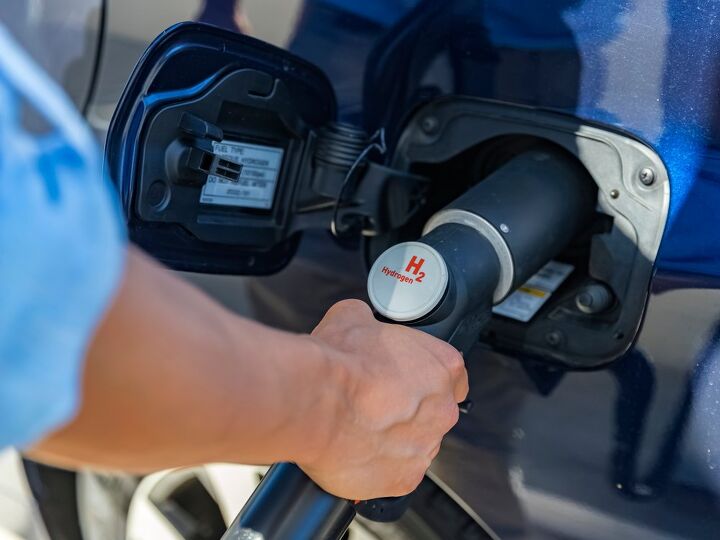
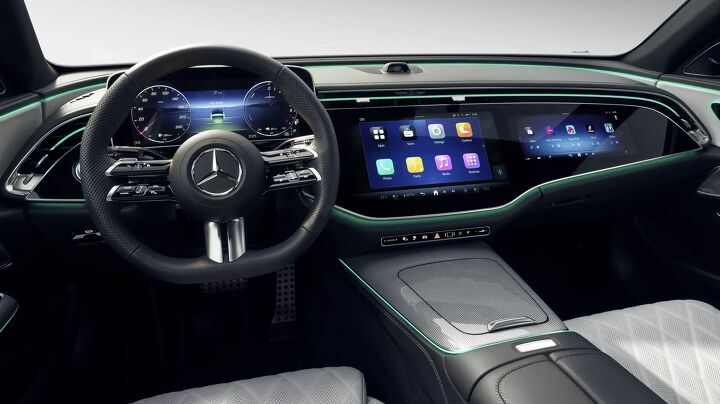

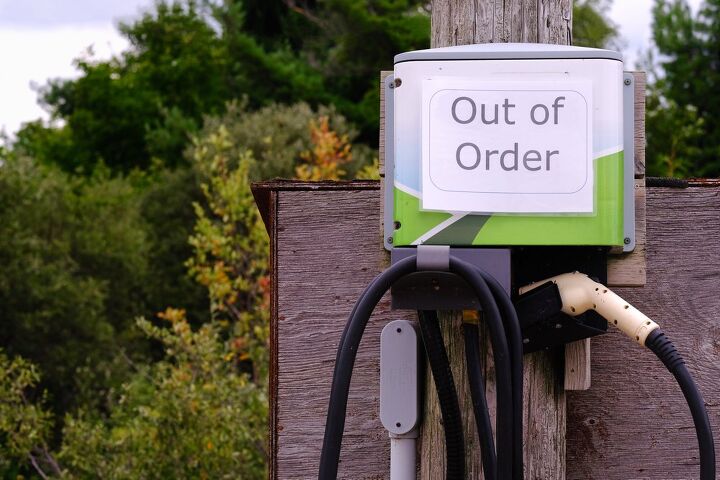
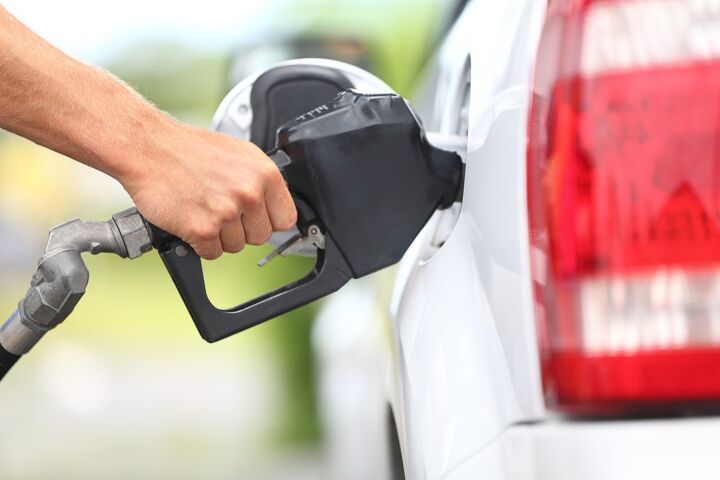
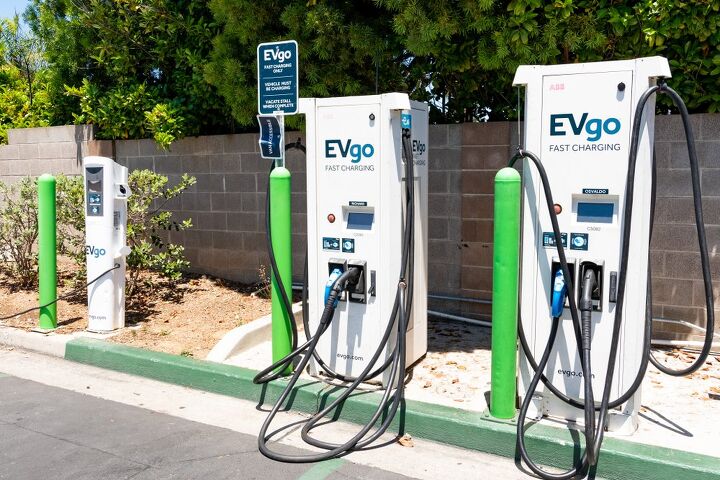



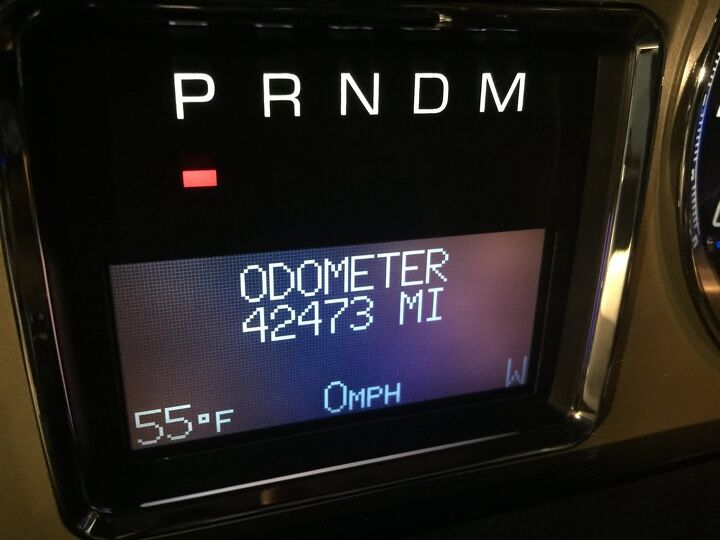













Recent Comments